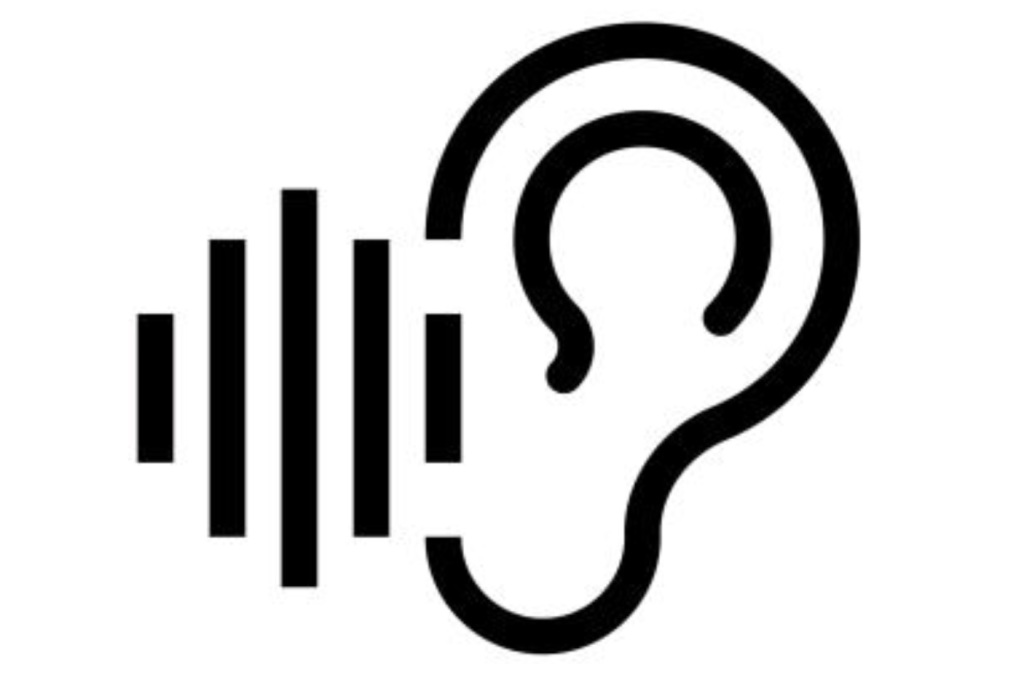
There is a growing volume of OTC (over-the-counter) hearing aids. These OTC products are virtually always considerably cheaper than the prescription (non-OTC) ones (that always involve an audiologist). Before the emergence of these new models, many deaf or hard-of-hearing people refrained from purchasing hearing aids because they were too expensive. However, in 2016 the U.S. Food and Drug Administration announced important changes in the law that made these OTC permissible to sell, and at considerably lower prices.
Size matters. As people age, they not only may become hard of hearing but also may have less nimble fingers, so tiny (especially in-the-ear) hearing aids may not be advisable (unless it uses Bluetooth so can be adjusted from their cellphone). Actually, it would be better for them to ignore their vanity and buy larger hearing aids so that others know that they are hard of hearing and speak louder. And it is generally easier and cheaper to make larger hearing aids.
A bunch of “big hat no cattle” low-priced hearing aids and PSAPs (personal sound amplification products) brands have full-page splashy advertisements in magazines and newspapers (sometimes only once or twice, then gone). We personally had an experience with the now-defunct Soundhawk, which suffered from poor customer service, lack of Bluetooth (which, combined with microscopic buttons, made adjustment impossible). Here are some (there are others whose absence from the list does not imply they are inferior) that have been around long enough that buyers can expect to receive satisfactory after-sale support:
* Otofonix
